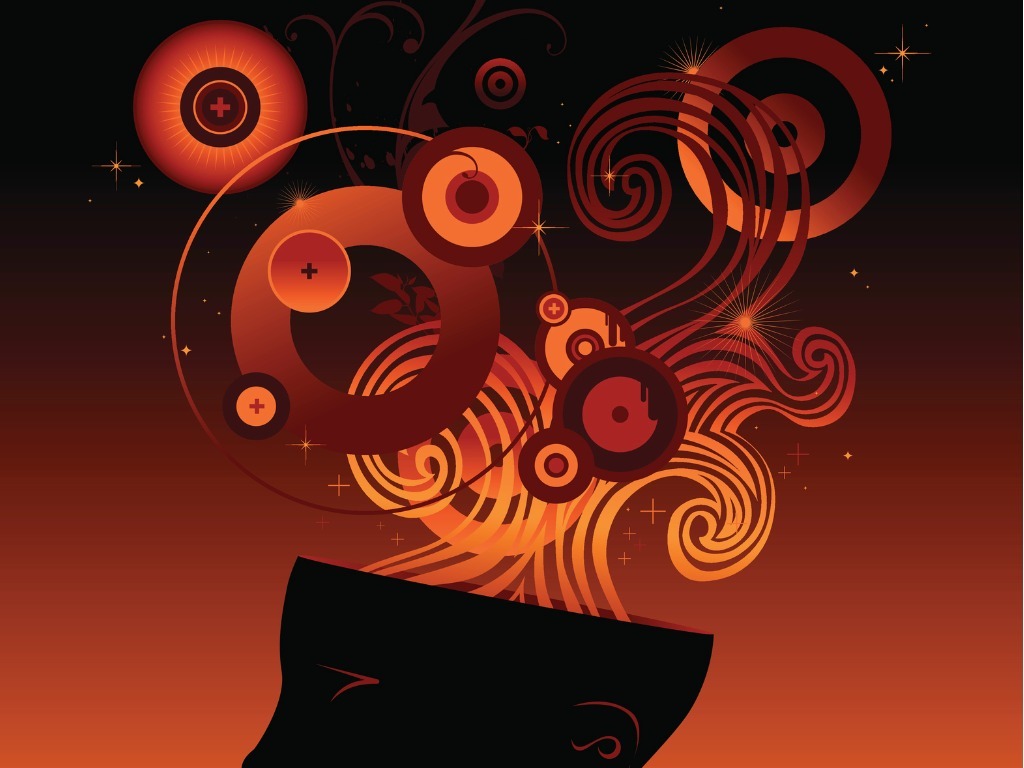
Acceptance-based approaches are changing the world of therapy says Graham Price
People with mind-based limitations such as anxiety, depression, addictions, OCD and many others, live in a state of resistance. They’re resisting their uncomfortable feelings or unproductive desires. This leads them to act in ways that aim to control the feelings or satisfy the desires. And that in turn reinforces the unconscious beliefs and programming driving their limitation.
Anxiety-based issues such as phobias or fear of public speaking are generally triggered by a life event that generates an initial belief, primarily unconscious, about threat or danger. This belief in turn drives anxious feelings. This leads to attempts to avoid situations that generate anxiety. Every avoidant action sends a message to the unconscious, reinforcing the belief that the situation being avoided must be threatening or dangerous. And so, the anxiety and reinforcing avoidant behaviour just get worse in a continuing cycle.
Depression is generally triggered by life events that generate an initial, primarily unconscious, negative belief, such as life being challenging. That belief then drives depressed feelings. That is turn leads to withdrawal which reinforces the unconscious belief that becomes more severe, such as life now being hopeless. And so, the feelings and reinforcing behaviour just get worse in another continuing cycle.
Addictions may be triggered by life events or just by a habit that builds and eventually turns into a craving. Cravings are driven by an unconscious belief that we need the substance or behaviour that we’re craving. Every time we carry out the resulting behaviour we reinforce that belief until it grows into an addiction.
OCD is generally triggered by life events that generate an initial belief, often relating to contamination or security. That belief drives a behaviour to avoid the perceived risk. The behaviour reinforces the unconscious belief, eventually leading to compulsions to continue the behaviour.
The prime cure for all these, and many more, mind-based issues, is to reverse the behaviour. Just as the above behaviours re-inforce the unconscious beliefs driving them, so opposite behaviours unwind those beliefs. Doing what makes us anxious will unwind unconscious beliefs driving anxiety. Fully engaging with life will unwind unconscious beliefs driving depression. Ceasing addictive behaviours will unwind unconscious beliefs driving the addiction. Ceasing OCD behaviour, and carrying out opposite behaviours, will unwind unconscious beliefs driving OCD.
But reversing the behaviour can be challenging if the uncomfortable feelings or unproductive desires are strong. The answer is to learn to accept those feelings or desires for now. Acceptance Action Therapy (AAT) focuses on some key facts about feelings and desires and has developed three questions we can ask about any uncomfortable feeling or unproductive desire:
- Is this feeling or desire harming me? [The answer is always: No! No-one’s ever been harmed by a feeling or desire]
- Can I bear it? [The answer is: Yes! Any feeling or desire, short of extreme pain, is bearable]
- So, if it’s not harming me and I can bear it, what exactly is the problem with having this feeling or desire, other than it’s uncomfortable? Why can’t I let it be there, for now?
These questions are a valuable aid to enable us to accept the feeling or desire, for now. This helps us to reverse the behaviour that’s been reinforcing the unconscious beliefs and the beliefs begin to unwind. This in turn reduces the feelings and the new behaviour becomes easier. AAT calls this universally powerful tool ‘Accept the feeling, choose the action’ where the curative action is always the opposite of whatever the feeling or desire is telling us to do.
AAT recommends exercises to practices the three questions. Turn down the hot water in the shower just enough to feel a bit uncomfortable, or walk outside in winter underdressed, and ask the three questions. Exercise by running, jogging or gym or floor exercises to generate discomfort and ask the three questions. Then apply those questions to the uncomfortable feelings or unproductive desires associated with mind-based limitations while reversing the reinforcing behaviour.
Accepting uncomfortable feelings and unproductive desires doesn’t just help us to reverse the reinforcing behaviour, it also immediately diminishes the feeling or desire and contributes directly to unwinding the unconscious beliefs driving the feelings and desires.












